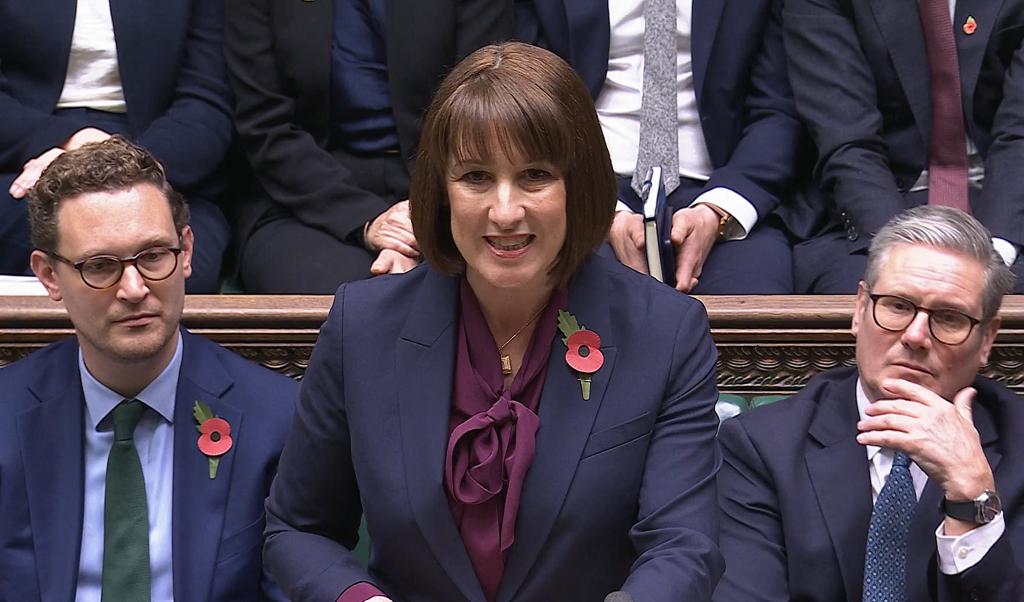Empowering Entrepreneurs with Harris's Vision for Small Businesses
Discover how Kamala Harris's bold proposals aim to empower small businesses through expanded tax relief and streamlined regulations for entrepreneurs.
Key Points
- Kamala Harris
proposes increasing the small business startup tax deduction from $5,000 to $50,000 to reduce financial burdens on entrepreneurs.
- Her plan includes cutting regulatory red tape to simplify the process of starting and running a small business, promoting ease of operations.
- The initiative aims to ensure that one-third of federal contract dollars are allocated to small businesses, particularly in underserved communities.
As the landscape of entrepreneurship continues to evolve, the importance of supporting small businesses has never been more apparent. Vice President Kamala Harris's recent proposals for small business tax relief and support signal a significant commitment to fostering an 'opportunity economy' that empowers American entrepreneurs. With a target of creating 25 million new small business applications, Harris's approach not only aims to stimulate economic growth but also to address the challenges faced by aspiring business owners across the nation.

A Tenfold Increase in Startup Deductions
One of the cornerstone proposals outlined by Harris is to increase the tax deduction for small business startup costs from $5,000 to an impressive $50,000. This initiative is geared towards alleviating the financial burden on entrepreneurs, as the average cost to launch a small business is approximately $40,000. By allowing entrepreneurs to better recoup their initial investments, Harris's plan seeks to inspire innovation and promote the entrepreneurial spirit that drives the American economy.
Furthermore, this proposed change would enable new businesses to defer the deduction until they turn a profit, allowing them to navigate their early financial challenges without the immediate pressure of tax liabilities. This reform is set to play a crucial role in transforming the economic landscape for new businesses, notably those that often struggle to secure initial funding.
Cutting Red Tape for Entrepreneurs
Beyond financial support, Harris aims to simplify the process of starting a business by cutting through regulatory red tape. Many entrepreneurs encounter bureaucratic hurdles that can stall their vision before it even takes flight. Harris’s proposals include creating a standard deduction for small business taxes and reducing the complexities involved in obtaining occupational licenses. By streamlining these processes, her administration would create a more conducive environment for entrepreneurs to thrive.
This vision aligns with historical efforts from both
and
, who previously advocated for similar tax incentives and regulatory reforms. Yet, Harris's focus is on ensuring that the benefits reach a broader spectrum of small business owners, particularly those in underserved communities.
Investment in Community Development
Recognizing the disparity in access to capital, Harris is also proposing to allocate one-third of federal contract dollars to small businesses. This commitment is expected to bolster funding for companies that might otherwise struggle to secure financing from traditional lenders. Harris has emphasized the role of Community Development Financial Institutions (CDFIs), which focus on providing loans and support to low-income communities and entrepreneurs of color—groups that have historically faced systemic barriers to business ownership.
One of the key components of her platform includes a fund to assist community banks in covering interest rates for loans to small businesses. This initiative would directly support those who are often denied financing options by conventional banks due to a lack of financial history.
The Broader Economic Impact
While these proposals primarily focus on entrepreneurs, their broader implications for the economy cannot be overstated. As small businesses create a significant percentage of new jobs in the U.S., empowering entrepreneurs can lead to job creation and economic rejuvenation. Harris’s targeted approach to small business support aligns with a growing recognition that nurturing entrepreneurship is critical to overcoming economic hurdles and fostering resilience in hard-hit communities.
The economic stakes are high, especially as we approach the upcoming election where candidates are pressured to present viable plans that resonate with voters' concerns about inflation and economic well-being. Harris’s strategy not only seeks to respond to these immediate challenges but also envisions a long-term transformation in how we support small businesses in America.
In summary, Harris’s proposals for empowering small businesses and entrepreneurs represent a thoughtful and proactive approach to economic development. By significantly increasing startup tax deductions, cutting regulatory red tape, and investing in community resources, her administration aims to create an ecosystem where entrepreneurship can flourish. As the national conversation shifts towards an 'opportunity economy', the potential for small businesses to drive innovation and job creation has never been more promising.


